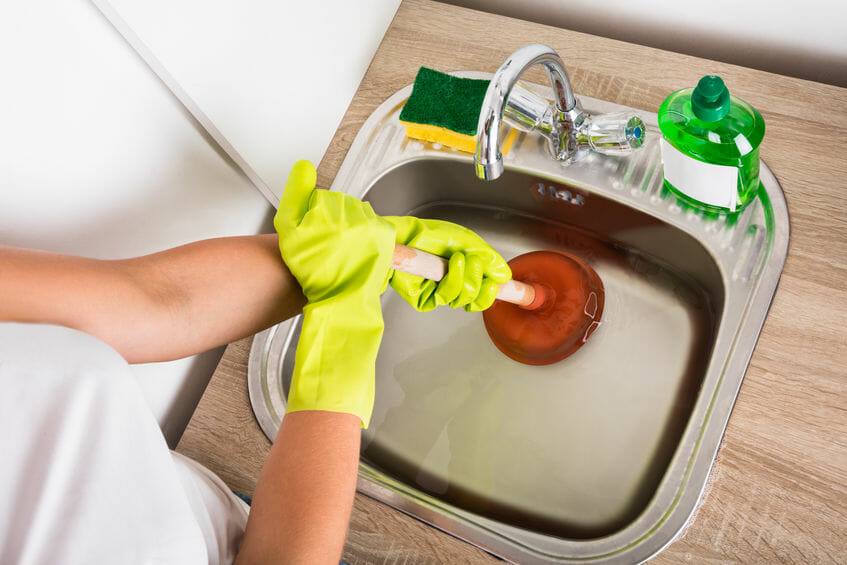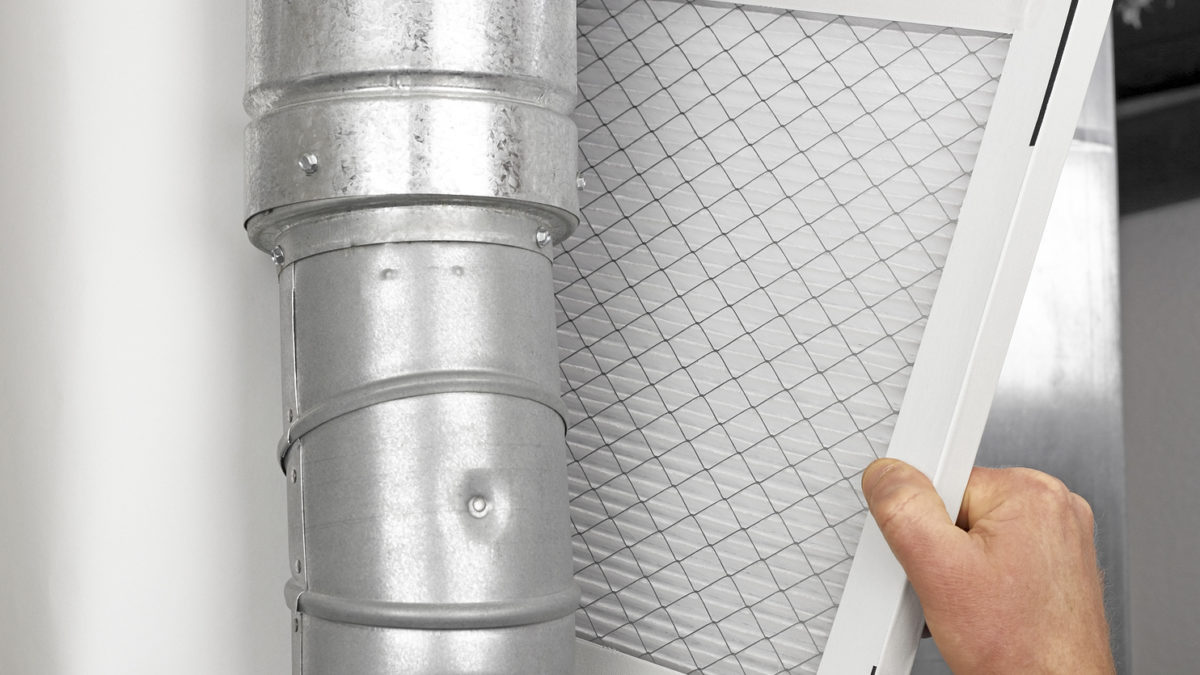We have uncovered this post relating to Prevent Freezing and Bursting Pipes down the page on the internet and believe it made perfect sense to share it with you on this site.

All homeowners who live in temperate environments have to do their finest to winterize their pipelines. It is something you need to do throughout fall before deep winter season genuinely begins. Failing to do so can mean calamity like frozen, split, or burst pipelines. Here are some helpful winterizing hacks to keep your plumbing system safeguarded even if the climate outside is shocking.
Attempt a Hair Dryer or Warmth Gun
When your pipelines are almost freezing, your reliable hair dryer or warmth weapon is a godsend. If the warm towels do not aid dislodge any settling ice in your pipes, bowling hot air directly into them might aid. Do not make use of other things that generate direct flames like a blow lantern. This can cause a larger catastrophe that you can not control. You may wind up destructive your pipelines while trying to thaw the ice. And also in the long run, you might even end up melting your home. Be cautious!
Open Up Closet Doors Hiding Plumbing
It would be valuable to open closet doors that are concealing your pipelines when it's chilly outside. For instance, they could be somewhere in your cooking area or washroom. This will certainly allow the cozy air from your heating system to flow there. As a result, you protect against these revealed pipelines from freezing. Doing this tiny method can maintain your pipelines warm and limit the possibly hazardous results of freezing temperature levels.
Take Time to Cover Exposed Water Lines
One awesome and very easy hack to warm up freezing pipelines is to cover them with warm towels. You can cover them initially with towels. After protecting them in place, you can put boiling water on the towels. Do it slowly to let the towels take in the liquid. You can likewise make use of pre-soaked towels in hot water, simply don't neglect to put on safety handwear covers to protect your hands from the heat.
Activate the Faucets
When the temperature level declines and it appears as if the frigid temperature will certainly last, it will certainly help to turn on your water both inside your home and outdoors. This will certainly maintain the water moving through your plumbing systems. You'll end up losing gallons of water this means.
When Pipelines are Frozen, shut Off Water
Shut off the primary water shutoff immediately if you discover that your pipelines are completely frozen or practically nearing that phase. You will normally discover this in your cellar or utility room near the heater or the front wall closest to the street. Turn it off as soon as possible to stop more damages.
With more water, even more ice will pile up, which will eventually lead to burst pipelines. If you are not sure regarding the state of your pipes this winter, it is best to call a specialist plumber for an assessment.
All home owners that live in temperate environments need to do their finest to winterize their pipes. Failing to do so can mean disaster like icy, split, or burst pipelines. If the warm towels do not help displace any type of clearing up ice in your pipes, bowling warm air directly into them might help. Transform off the primary water valve immediately if you see that your pipes are entirely frozen or almost nearing that phase. With even more water, more ice will certainly pile up, which will at some point lead to burst pipelines.
PREVENT YOUR PIPES FROM FREEZING THIS WINTER
A Leading Cause of Property Damage
When the weather is taking a deep nose dive into the cold dreary days, the risk of your pipes freezing and potentially bursting skyrockets. Unfortunately, during these cold dreary months, burst pipes are the most common denominator for property damage. The pipes that are most at the risk are those that are in areas where it is most cold in your home. For instance, pipes located in interior places such as basements, attics, and your garage. Unfortunately, that doesn’t mean that the pipes running through your cabinets or exterior walls can’t freeze. Good news, however, is that you can do things to help prevent pipes from freezing.
How to Prevent Pipes From Freezing
Once the temperature starts to drop during the winter, you should be taking the proper measures needed to ensure that your pipes stay warm and that there is circulation of water through them. Some steps that experts may recommend could go against your better judgement when it comes to saving water and heat. However, it would go without saying that when expenses are compared, damaged pipes could put a bigger dent in your wallet than a water bill.
What Can I Do?
Keep your garage door closed. This is very important, especially if you have water supply lines running through your garage. Open your kitchen and bathroom cabinets to allow warm air to circulate through them. Allow air circulation throughout your home. Keeping the interior doors open will once again allow the warm air to circulate inside your home. Ensure your thermostat is running the same temperature throughout the night and day. If you plan to be away from home during the cold months, set your temperature no lower than 55° F. This should provide enough heat to keep the pipes warm and prevent any remaining water inside the pipes from freezing. For more of a long-term solution, add insulation to attics, basement, and other crawl spaces around your home. By allowing your faucet to drip, it will alleviate pressure in the system. This is important because the pressure that is created between the blockage and the faucet can potentially cause the pipes to burst. Allowing the faucet to drip will prevent the pressure from building up, therefore keeping the pipes from bursting. Seal any cracks, openings, and crawl spaces around your home to prevent cold air from coming inside. This keeps your pipes-not to mention your home-warmer and less susceptible to issues caused by freezing temperatures. For the pipes in your home that are easily accessible, applying electrical tape to them might prevent them from freezing over. This is a quick fix, as you can apply the tape directly to the pipe. There are two options for heating tapes. One turns on and off by itself when it senses heat is needed. The other type of heating tape needs to be applied when heat is needed and removed when not necessary. If you have exposed pipes in your home, you can check this website to take a look at a few options that would be available at a shop near you.

Do you like more info about How to stop pipes from freezing during the winter? Place feedback below. We'd be pleased to know your suggestions about this write up. We are looking forward to see you back again in the near future. Sharing is good. You just don't know, you will be doing someone a favor. Thank you so much for your time invested reading it.
Contact Us Today